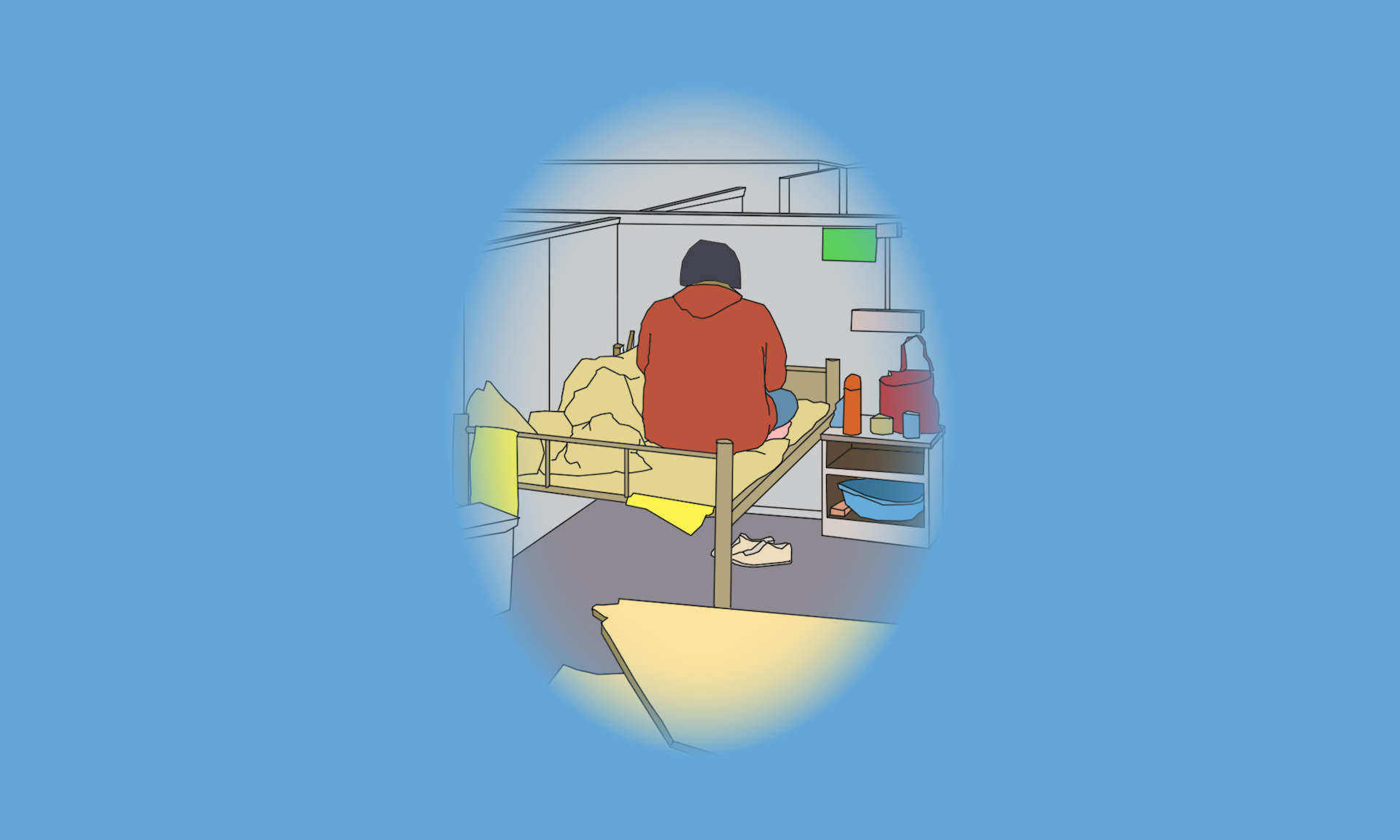Shanghai reports first COVID-related deaths as lockdowns stretch on
Despite three COVID deaths and shocking accounts from quarantine facilities, Beijing is sticking to its pandemic playbook.

Shanghai reported its first COVID-19 deaths since the start of its lockdown on March 28, according to a statement (in Chinese) from the Shanghai Municipal Health Commission.
- The three deaths were of an 89-year-old woman, a 91-year-old woman, and a 91-year-old man, all who were unvaccinated and who suffered from multiple underlying conditions, per the Wall Street Journal.
There were 23,460 new cases in the mainland on April 18, the government reported, with only 2,742 people showing symptoms. Shanghai, which is home to 26 million residents, took up 95% of the total, or 22,251 cases, with 2,420 showing symptoms.
- By comparison, New York State, which is home to over 19 million people, reported on Sunday an average of 5,767 cases per day in the last week, per the New York Times. The state’s highest peak during the last wave was a daily average of 74,182 on January 10.
- Xi’an, home of the Terracotta Army, will put its 13 million residents under partial lockdown, the city announced on Friday, after curbing residents’ movements from Saturday through to Tuesday over 43 locally transmitted infections in the current COVID-19 outbreak.
In Shanghai, the isolation facilities are reported to be bleak: Anyone who tests positive but shows few or no symptoms must spend one week in a quarantine facility, which is a key part of Beijing’s COVID-zero policy and the source of a rare burst of criticism from the Chinese public.
- As of April 9, Shanghai converted more than 100 public venues into temporary facilities called fangcang (方舱 fāngcāng), which are built to hold more than 160,000 people who have tested positive for the virus, officials said last week.
- Distressing accounts from inside the makeshift facilities have described lights that stay on for all hours and bathrooms that are rancid from overuse. Some people have resorted to using plastic wash basins to clean themselves or drinking less water to avoid using the restroom.
- Shanghai has reportedly set a target to stop the spread of the virus outside quarantined areas by Wednesday in order to ease the lockdown and resume normal life, per Reuters.
China’s censors are working overtime to put a positive spin on the outpouring of frustration in person and online, as more and more angry accounts bubble up before being retracted or taken down.
- One quarantined patient wrote about her experience on Chinese social media per the New York Times, which has since been censored on WeChat.
- “As a volunteer, we do not fear hardship and are willing to be dedicated, but we already deeply doubt the meaning and value of what we are doing,” Yáng Hǎi 楊海, a deputy representative to the National People’s Congress from Shanghai’s Minhang District, wrote in a letter, which has now also been scrubbed, and Yang has since told a local state-backed news outlet that the letter was not meant for the public and was merely his opinion, per the Washington Post.
China news, weekly.
Sign up for The China Project’s weekly newsletter, our free roundup of the most important China stories.
In the face of an economic and public confidence crisis, Shanghai is showing some signs of relaxation of its strict lockdowns.
- Over the weekend, the municipal government released a document with 21 guidelines to improve the flow of logistics and quality of life in the city, and a white list of 666 companies that can resume work.
- The greenlighted companies include Tesla, Volkswagen, and its Chinese partner SAIC Motor, according to Reuters.
- Auto manufacturers comprise 251 of these companies, reports Caixin, while 184 pharmaceutical and medical companies, 83 semiconductor and integrated circuit companies, 66 energy and chemical companies, and a handful of food and aerospace companies have also been allowed to resume operations.
But China is sticking to COVID zero. Health Minister Mǎ Xiǎowěi 马晓伟 insisted in a widely circulated article published today (SCMP report, original Chinese text) that any relaxation could trigger an outbreak that could cripple the country’s healthcare system.
The steely words from officials have done little to reassure the public or calm doubts about the nation’s strict lockdown policy.
- Chinese immigration consultants warned of a surge in inquiries from wealthy people trying to leave the country following the lockdown in Shanghai. WeChat also recorded an almost sevenfold jump for “immigration” since the beginning of April, according to the WeChat Index, a public monitor that measures search popularity on the platform.
- Commerce minister Wáng Wéntāo 王文涛 is set to meet with foreign chambers of commerce on Monday to hear urgent concerns from the business community, according to Joerg Wuttke, the president of the European Union Chamber of Commerce in China. Beijing and Chinese business groups have yet to comment on the report.
Previously:
‘I can’t believe our country is like this,’ and other conversations from the Shanghai lockdown






